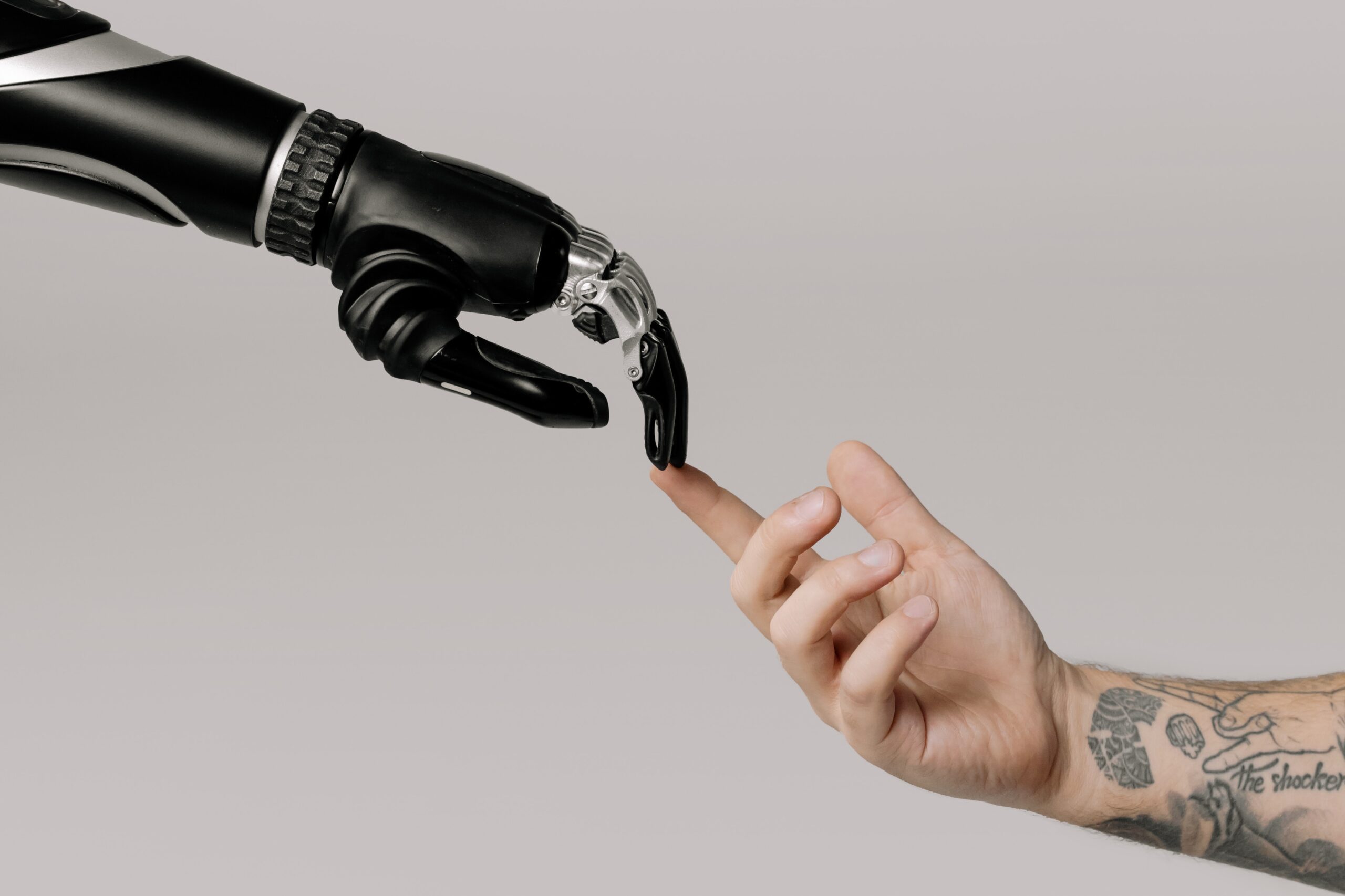Artificial intelligence (AI) offers transformative potential, but it also comes with potential negative consequences. As AI technologies advance, it is crucial to be aware of and address the potential drawbacks. Let’s delve into three negative effects associated with artificial intelligence.

- Job Displacement and Economic Inequality:
AI automation has the potential to disrupt employment by replacing certain job roles with automated systems. While automation can increase efficiency and productivity, it also raises concerns about job displacement and economic inequality. Individuals in industries heavily impacted by AI may face challenges in finding alternative employment opportunities, leading to socioeconomic disparities and job market imbalances.
- Ethical Dilemmas and Bias:
AI algorithms are trained on data, and if the training data contains biases, those biases can be perpetuated and amplified by AI systems. This can lead to discriminatory outcomes, affecting areas such as hiring, criminal justice, and loan approvals. The lack of diversity in data sources or biased data collection methods can contribute to skewed or unfair AI decision-making, raising ethical concerns and reinforcing existing societal biases.
- Security Vulnerabilities and Privacy Risks:
The increasing reliance on AI systems raises concerns about security vulnerabilities and privacy risks. Malicious actors could exploit AI systems for cyberattacks, data breaches, or manipulation of sensitive information. AI’s reliance on large datasets can also lead to potential breaches of privacy if not handled with robust security measures. Safeguarding AI technologies, securing data, and protecting individuals’ privacy become critical challenges in an AI-driven world.
- Dependence and Loss of Human Skills:
As AI technology advances, there is a risk of excessive reliance on AI systems, leading to a diminished reliance on human skills and decision-making capabilities. Overreliance on AI could result in humans becoming overly dependent on the technology, potentially diminishing critical thinking, problem-solving abilities, and creativity. Balancing the integration of AI with human capabilities becomes crucial to maintain a healthy and productive human-AI partnership.
Conclusion:
While artificial intelligence brings numerous benefits, it is vital to acknowledge and address the potential negative effects it can have. Job displacement, economic inequality, ethical dilemmas and bias, security vulnerabilities, privacy risks, and dependence on AI systems are among the challenges that need attention. Responsible AI development, regulation, and ethical frameworks are necessary to mitigate these negative effects and ensure that AI technologies serve the best interests of humanity. By proactively addressing these concerns, we can strive for a future where AI is harnessed responsibly, benefiting society while minimizing potential drawbacks.